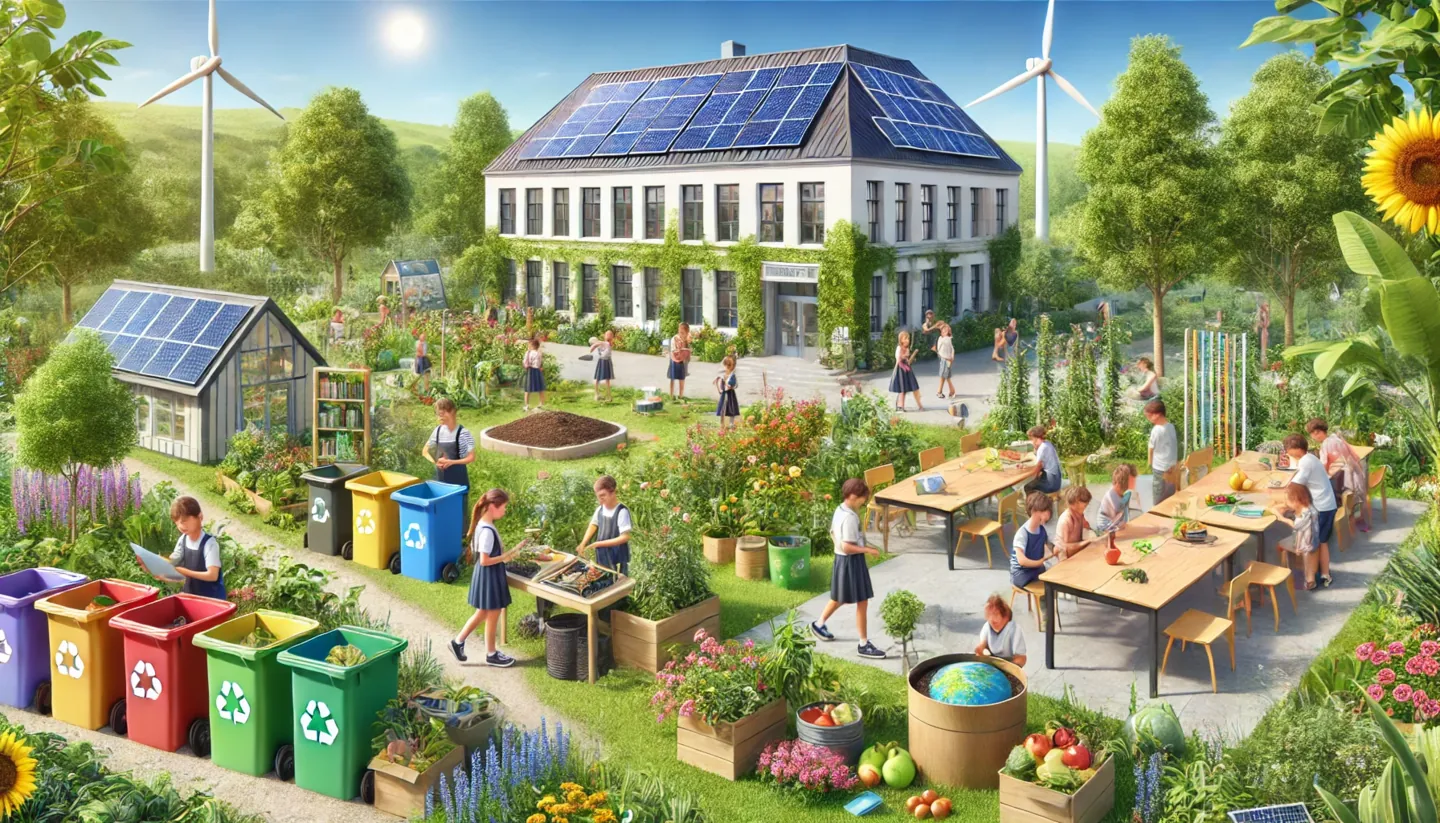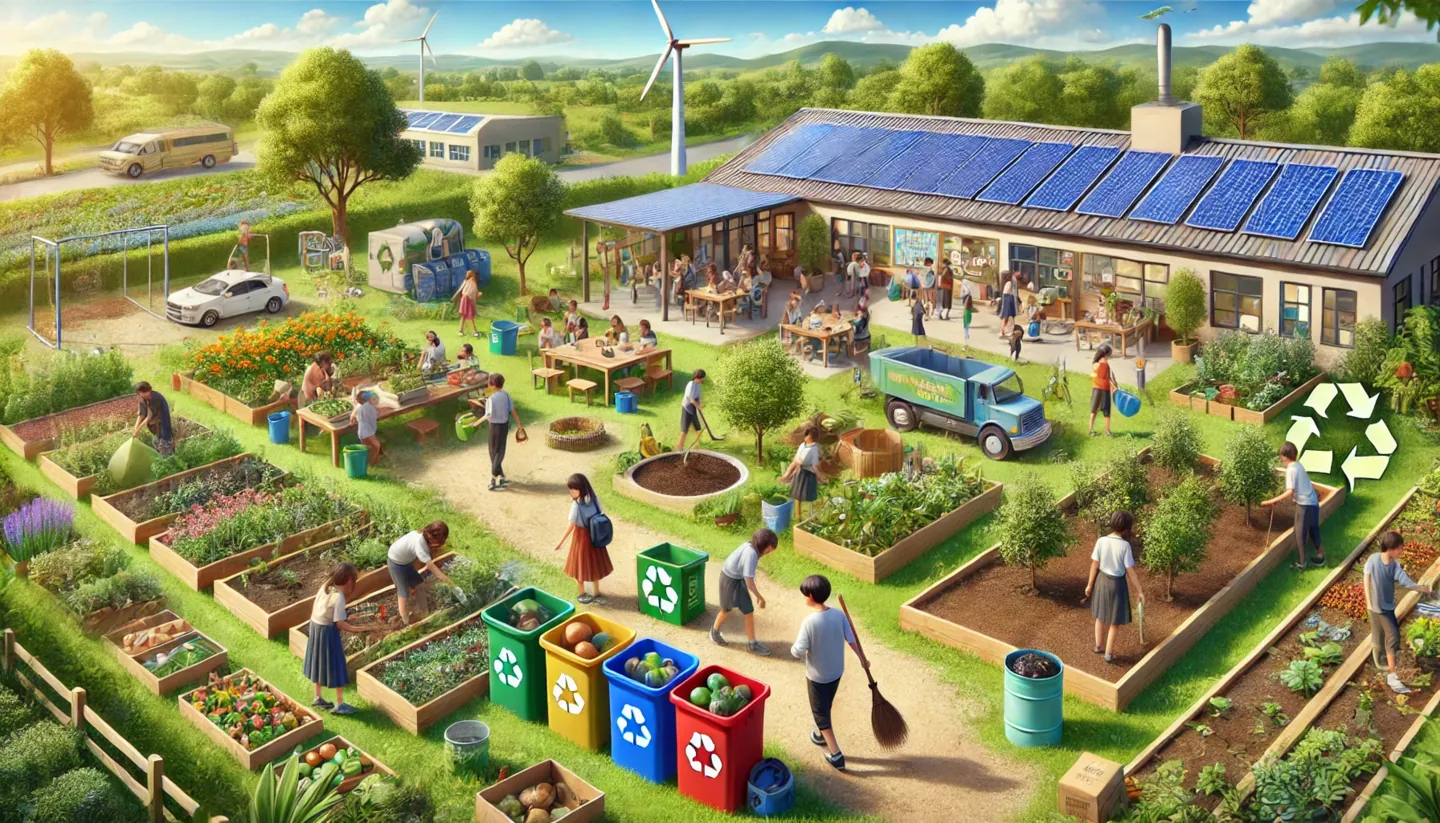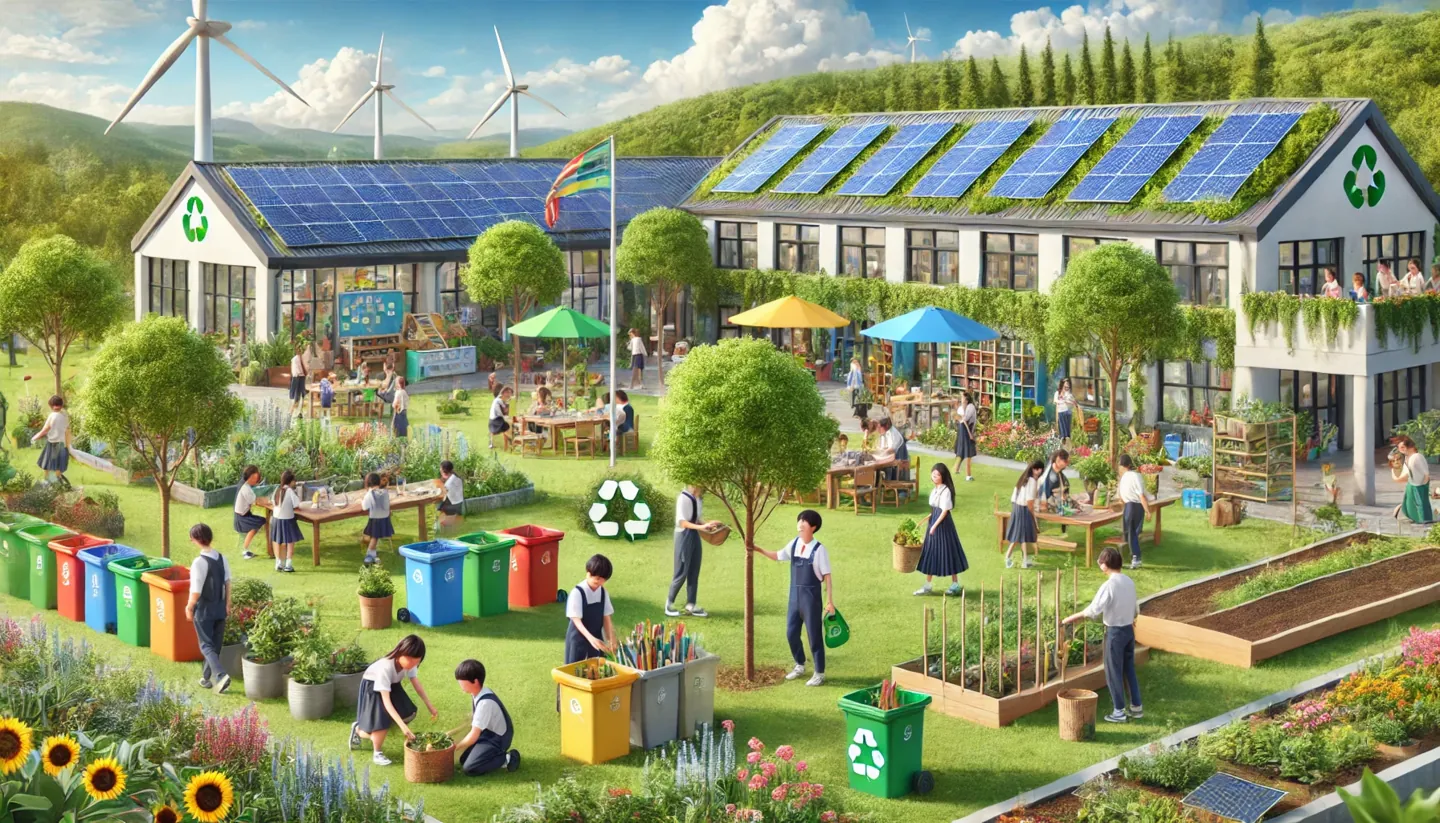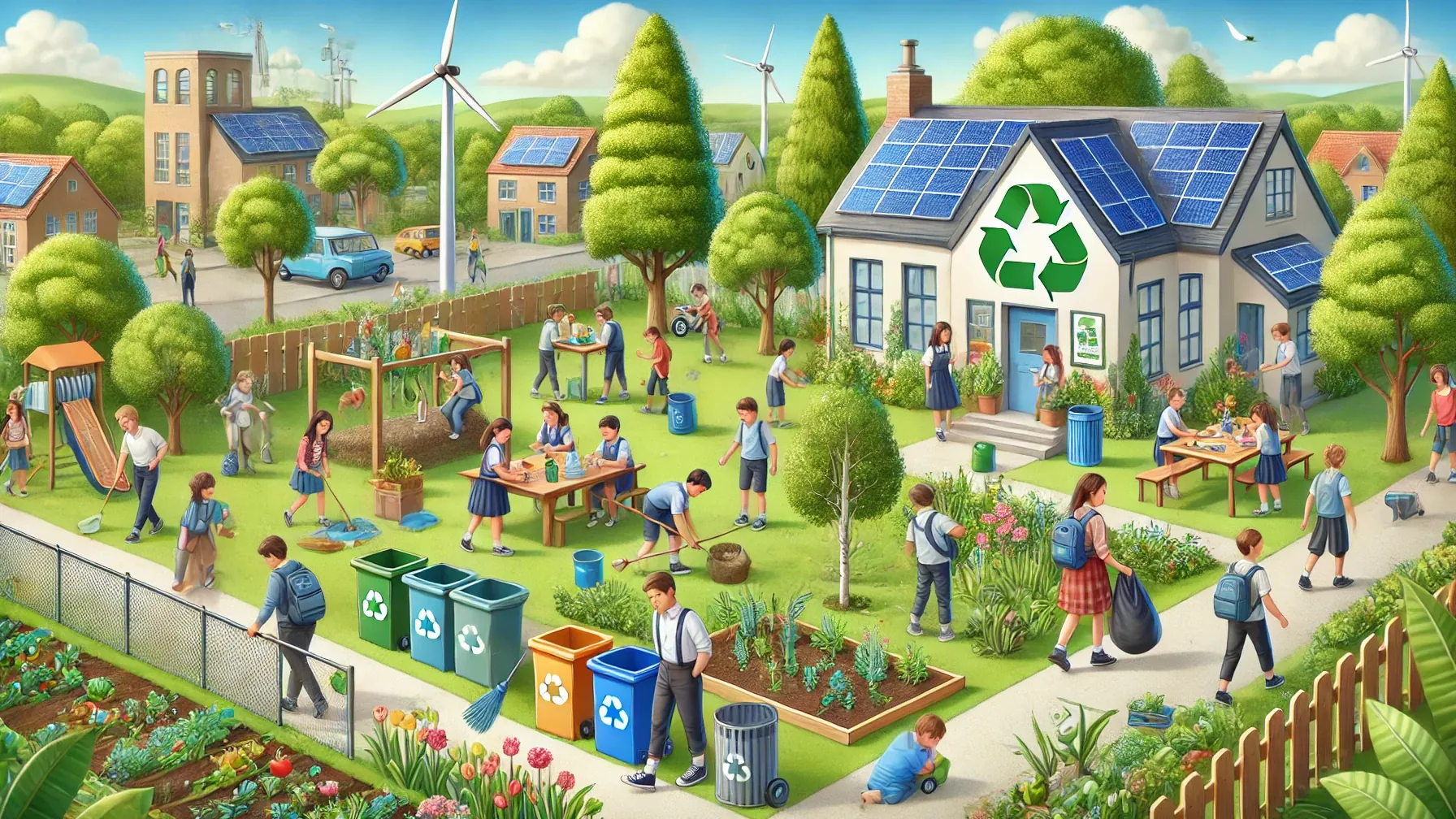The contemporary world is currently confronting an array of global environmental challenges that necessitate immediate and thoughtful responses. One of the most powerful strategies for cultivating an environmentally aware society is to initiate environmental education within schools. This educational initiative goes far beyond basic nature studies, offering a comprehensive curriculum that instills a deep sense of environmental culture and responsibility among young individuals. Schools play a crucial role in equipping new generations with the knowledge and skills needed not only to understand the principles of sustainable development but also to actively implement these principles in their daily lives. Environmental education in schools adopts an integrated approach, encompassing theoretical learning, practical activities, and project-based work.
The Importance of Cultivating Environmental Culture in Schools

In today’s world, where environmental issues are increasingly prevalent, fostering an environmental culture among the younger generation is of paramount importance. Schools, as primary institutions for educating and nurturing children, hold a vital role in this endeavor. The significance of developing an environmental culture in schools can be appreciated in several aspects:
- Awareness of Environmental Conservation: Education in ecology helps children understand that nature is a valuable and irreplaceable resource that must be carefully preserved and protected from the harmful effects of human activities. Students gain a thorough understanding of ecosystems, biodiversity, and the adverse consequences of environmental pollution.
- Development of Environmental Responsibility: Cultivating an environmental culture helps children develop a profound sense of responsibility for the environment. They learn to make conscious choices for eco-friendly living, utilize resources efficiently, and actively participate in various conservation activities.
- Preparation of Environmentally Literate Citizens: The earlier children begin to engage with and understand environmental issues, the more likely they are to become active participants in public life, contributing significantly to the resolution of ecological problems in the future.
- Formation of a Sustainable Lifestyle: The knowledge and skills acquired through environmental culture education help children and youth make informed decisions in their daily lives, aimed at minimizing negative environmental impacts.
In conclusion, fostering an environmental culture in schools is a critical component of the educational process, aimed at preparing future generations for respectful treatment of nature and effectively addressing environmental challenges. This endeavor requires a comprehensive approach from educational institutions, government bodies, and society as a whole.
Methods for Developing Environmental Culture in Schools

Environmental culture is essential for preserving nature and ensuring the sustainable development of society. Schools have a unique opportunity to instill in students a conscious and responsible attitude towards the environment. Various methods are employed to engage children in active learning and environmental protection.
- Educational Programs and Ecological Courses: Including specialized lessons and courses on ecology within the school curriculum allows students to deepen their understanding of nature, ecosystems, and the impact of human activities on the environment. This approach promotes a conscious attitude towards nature and a better understanding of ecological issues.
- Environmental Events and Actions: Organizing activities such as waste collection drives, tree planting events, ecological excursions, and competitions helps students interact directly with the environment, recognizing its value and the necessity of its preservation.
- Ecological Clubs and Groups: Establishing school ecological clubs and groups enables interested students to discuss environmental problems, develop collaborative projects on environmental protection, and actively participate in ecological initiatives.
- Interactive Teaching Methods: Utilizing games, quizzes, experiments, and practical activities makes the learning process more engaging and memorable for students. These methods not only deepen their understanding of ecology but also develop practical skills for interacting with nature.
- Integration of Environmental Topics in Other Subjects: It is also essential to integrate environmental topics into the curricula of other subjects, such as biology, geography, chemistry, and more. This helps students understand the interconnections between various aspects of the environment and their influence on it.
Overall, methods for developing environmental culture in schools should be diverse and comprehensive, taking into account the different age and cultural characteristics of students. They aim to develop environmental thinking, increase ecological literacy, and encourage the active participation of students in nature conservation for future generations.
Conclusion

Implementing environmental education in school programs is not merely a trend but an absolute necessity for modern society. Instilling environmental culture and responsibility in students lays the foundation for a future where sustainable development and care for nature are paramount. Through school projects, integrated educational programs, and active participation in ecological initiatives, students not only acquire extensive knowledge but also develop the essential skills necessary for making informed and responsible decisions. The key to success lies in the collaboration between schools, the parent community, and environmental organizations, which expands the scope of environmental education and enhances its effectiveness. Only through joint efforts can we hope that the next generation will be better prepared for the challenges and realities of an ecological future. Introducing environmental education in schools is not merely a curriculum enhancement but an investment in the sustainable future of our planet. It is through these collective efforts and a steadfast commitment to environmental stewardship that we can ensure a healthier, more sustainable world for generations to come.










